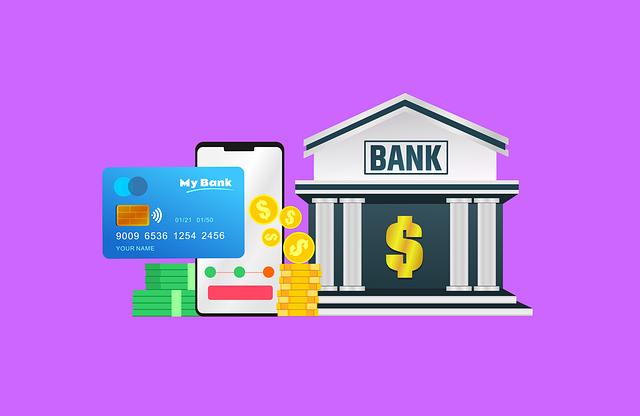Car title loan default rates are key risk indicators for lenders in competitive markets like Fort Worth, impacting interest rate setting and default mitigation. While payday loans offer swift approvals and urgent financial assistance, they face criticism over high-interest rates and short repayment periods, potentially leading to debt traps. This comparison highlights distinct risks: car titles at stake with car title loans vs. high-interest, short-term availability in payday loans.
In the ever-evolving landscape of short-term financing, understanding the risks associated with various lending types is paramount. This article delves into the intricate details of two prominent options: car title loans and payday loans. By examining the car title loan default rate, we gain insights into potential pitfalls and outcomes. We then analyze payday loans from a unique angle, comparing and contrasting to offer a comprehensive guide for borrowers. Navigate through this exploration to make informed decisions regarding your financial needs.
- Understanding Car Title Loan Default Rates
- Analyzing Payday Loans: A Different Perspective
- Comparatively: Risks and Outcomes of Both Loans
Understanding Car Title Loan Default Rates

Car title loan default rates provide valuable insights into the risk associated with this type of lending. When a borrower defaults on their car title loan, it means they have failed to make the required payments according to the agreed-upon terms. This can occur for various reasons, including financial strain, loss of employment, or unexpected expenses. Lenders closely monitor these default rates as they are an essential indicator of the overall health and stability of their lending portfolio.
Understanding car title loan default rates is crucial in the competitive lending market, especially in cities like Fort Worth where numerous cash advance and loan refinancing options are available. By analyzing these rates, lenders can assess borrower eligibility, set appropriate interest rates, and implement strategies to minimize defaults. This not only ensures the lender’s financial well-being but also provides borrowers with a clear understanding of the potential risks and rewards associated with car title loans.
Analyzing Payday Loans: A Different Perspective

While Car title loan default rates have been a primary focus for financial analysts and policymakers, it’s crucial to look at Payday Loans from a different perspective. Often overlooked, Payday Loans cater to individuals seeking quick cash advances for immediate financial needs. These loans, though criticized for their high-interest rates, offer a rapid approval process, making them an attractive option for those in urgent situations.
Semi Truck Loans and Cash Advance services provide a safety net for folks facing unexpected expenses or financial emergencies. Unlike traditional loans that demand extensive documentation and credit checks, Payday Loans often prioritize verifiable income and the security of a future paycheck. This accessibility has sparked debates about consumer protection, yet it remains a vital resource for many in need of immediate financial relief.
Comparatively: Risks and Outcomes of Both Loans

When comparing the risks and outcomes of car title loans and payday loans, it’s evident that each comes with its unique set of considerations. Car title loans, characterized by using a vehicle’s title as collateral, often come with lower interest rates and extended repayment periods compared to payday loans. This can make them an attractive financial solution for borrowers looking for a more manageable repayment schedule. However, the potential risk lies in the default rate—a significant concern given that car title loan defaults tend to be higher due to the collateralized nature of the loan. If a borrower defaults, lenders may repossess the vehicle, leading to severe financial and personal consequences.
Conversely, payday loans, while offering quick approval and direct deposit of funds into borrowers’ accounts, come with exceedingly high-interest rates and short repayment terms. These factors can trap borrowers in a cycle of debt known as the “debt-trapping” effect. Despite their convenience, payday loans carry substantial risks, including potential overdraft fees, harsh penalties for late payments, and the lack of an accessible financial solution for long-term borrowing needs. Ultimately, both types of loans present unique challenges, with car title loans emphasizing default rates and payday loans focusing on their high-interest nature and short-term availability.
In comparing car title loan default rates with payday loans, it’s clear that both come with unique risks. While car title loans may offer lower interest rates initially, their default rates are alarmingly high due to the significant collateral involved. Conversely, payday loans, despite higher interest rates, have improved transparency and regulatory oversight, leading to a reduced default rate. Ultimately, understanding these differences is crucial for consumers navigating financial hardships, encouraging responsible borrowing practices, and highlighting the need for continued regulation in the lending sector.






